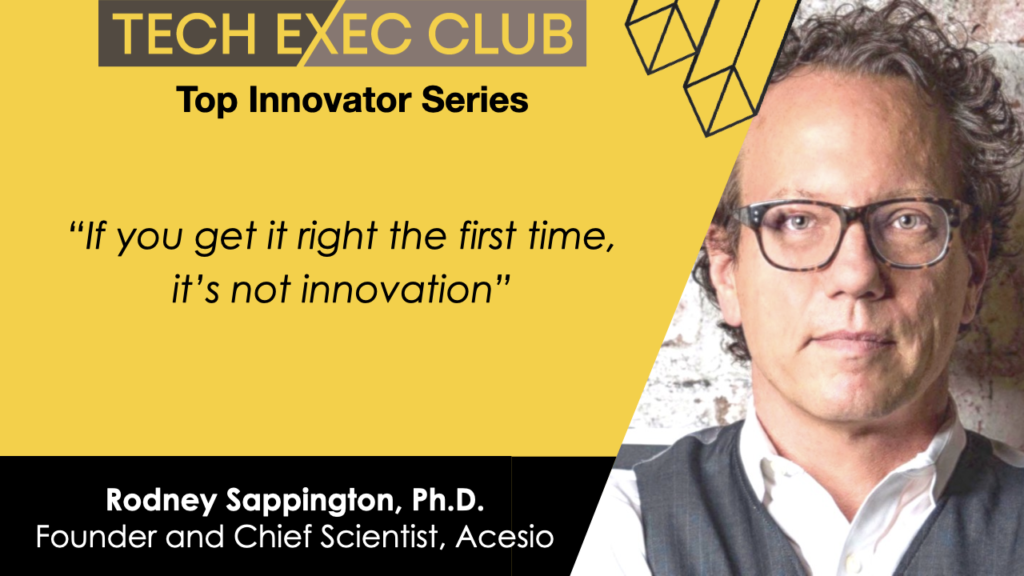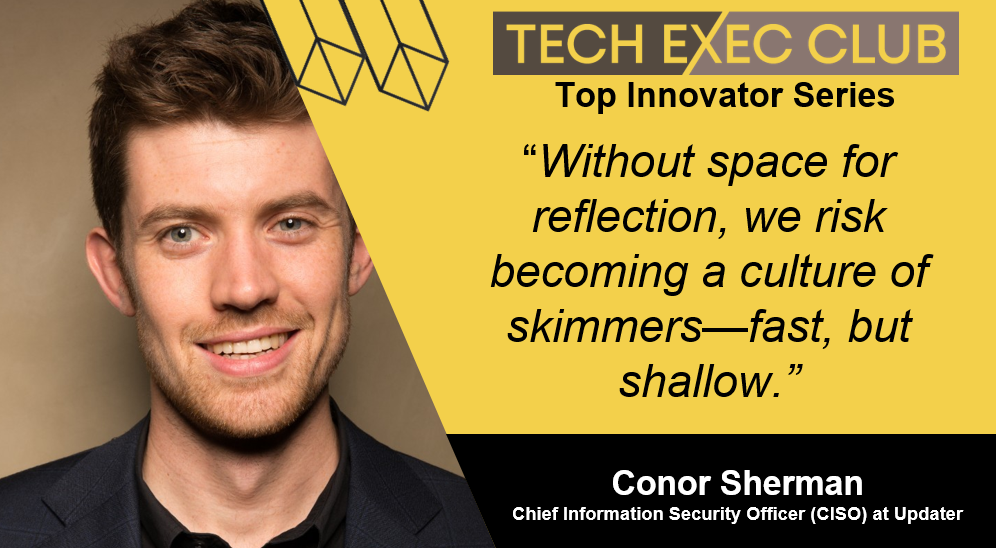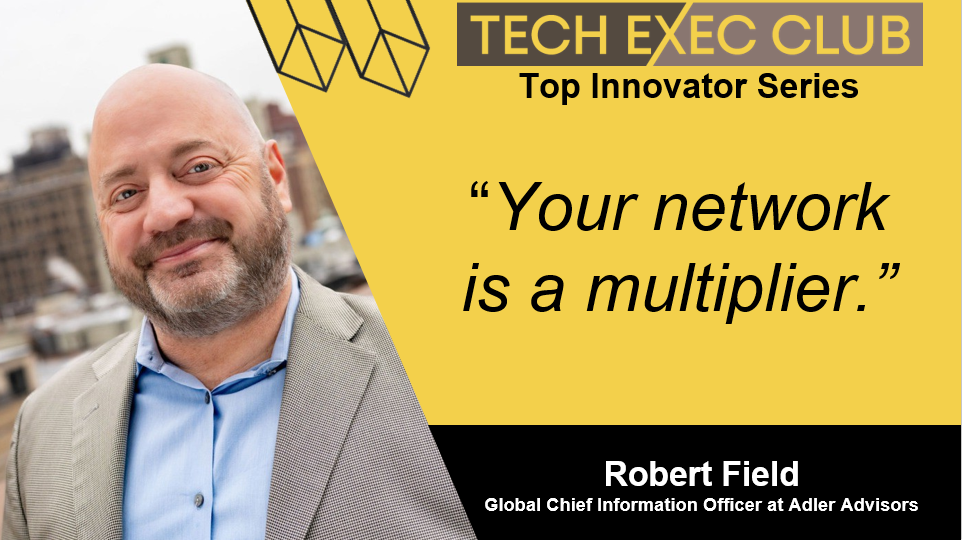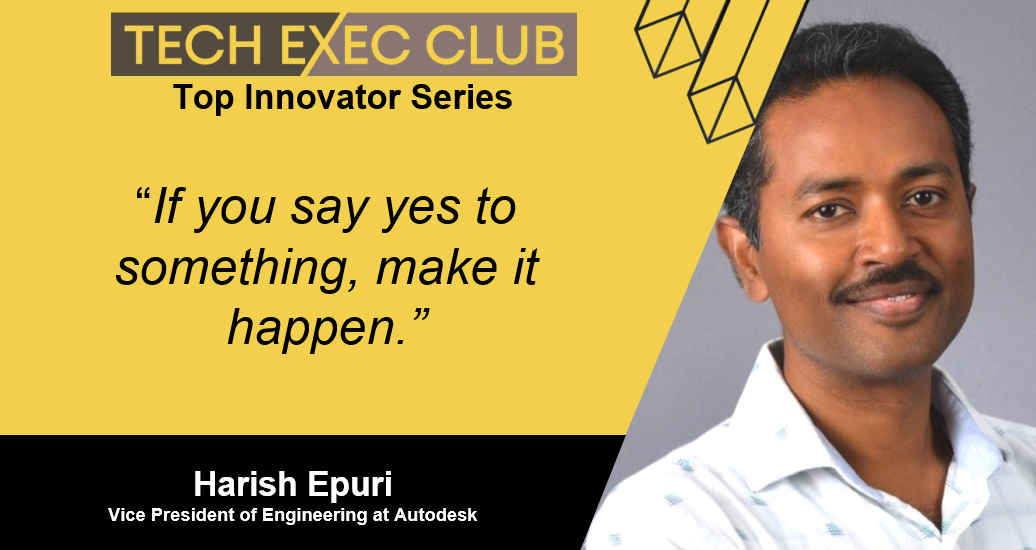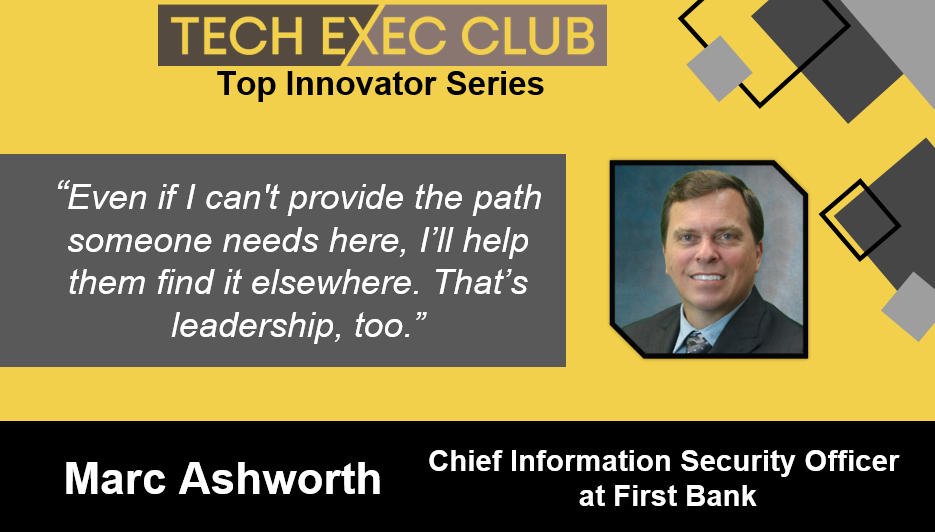What initially intrigued me about connecting with Rodney Sappington were comments he made about a topic far from innovation: Thomas Merton, a Trappist monk who also had a connection with my alma mater. True to the unusual initial connection point, it became clear that Rodney is a thoughtful leader whose approach to innovation transcends conventional wisdom. In the bustling world of technological advancement, where the race to innovate is relentless, Rodney stands as a beacon of wisdom and insight.
Rodney begins by demystifying the often glamorized concept of innovation. He peels back the layers of jargon and clichés to reveal a core truth: innovation is fundamentally about people. “It’s not just about following a passion,” Rodney explains, “but about following people – those I respect and adore.” This human-centric philosophy is the heartbeat of his strategy. What an unconventional and refreshing thought: innovation is relational, not just technical.
At the heart of his approach is team coherence. Rodney emphasizes the importance of assembling the right mix of individuals – not just in skill but also in emotional intelligence. It’s about understanding the dynamic of a group and fitting personalities that complement each other. “Knowing how to hire is knowing what you’re trying to achieve,” he asserts, highlighting the intricate art of building teams that drive innovation.
Rodney’s concept of a holistic view of a team is particularly intriguing. He illustrates this with an example from his past venture involving nanomaterials. This project required diverse expertise, from chemists to machine learning specialists to business strategists. But Rodney’s focus was on more than just their professional capabilities. He sought individuals who could transcend their specialties to understand and communicate across disciplines. “Everyone I hire must be able to give a TED Talk on what they do within six months,” he says, underscoring the importance of translational communication.
Our discussion then delves into the challenges of innovation. Rodney notes that maintaining a company’s vision and preventing the dilution of its core purpose is paramount. He argues that an innovative company keeps its ‘why’ – its raison d’être – visible and debatable.
“An innovative company is one in which the ‘why’ stays on the table to be questioned – but also is highly visible to people so they feel it.”
What a great way of capturing the importance of dialoguing and aligning the intellectual and emotional parts of the ‘why’.
When asked about the secret sauce of innovation, Rodney offers a subtle but important tweak on a management notion: it’s about making silos more porous. Note that it’s not about breaking down silos. Silos, such as departments or teams are there for a purpose. But they must not become walled off from each other. It must be possible to move and communicate across them. They must remain porous.
He stresses the need for a lean, transparent organizational structure where cross-departmental collaboration is not just encouraged but built into the system.
As our conversation draws to a close, Rodney shares his vision for the next level of innovation – a humanistic approach to AI. He is working on projects that not only promise technological breakthroughs but also aim to impact humanity profoundly. His focus is on developing AI that aligns with human intentions, which requires the AI to have empathy and vulnerability. It would be a different form of AI compared to the goal-driven AI we have today. As Rodney remarked, sociopaths are goal-driven – that’s the AI we have today.
His idea for developing the next level of AI is to enhance human creativity and foster genuine human-machine relationships.
Rodney’s philosophy is a refreshing reminder that a human element is at the core of all innovation. His focus on team dynamics, holistic hiring, and the human-AI relationship sets a benchmark for being a top innovator in today’s fast-paced – and often tech-centered – world.
This focus brings us back to Thomas Merton, who shared a similar sentiment: “In the end, it is the reality of personal relationship that saves everything.”
*******
Rodney Sappington, Ph.D. is the Founder and Chief Scientist of Acesio.
